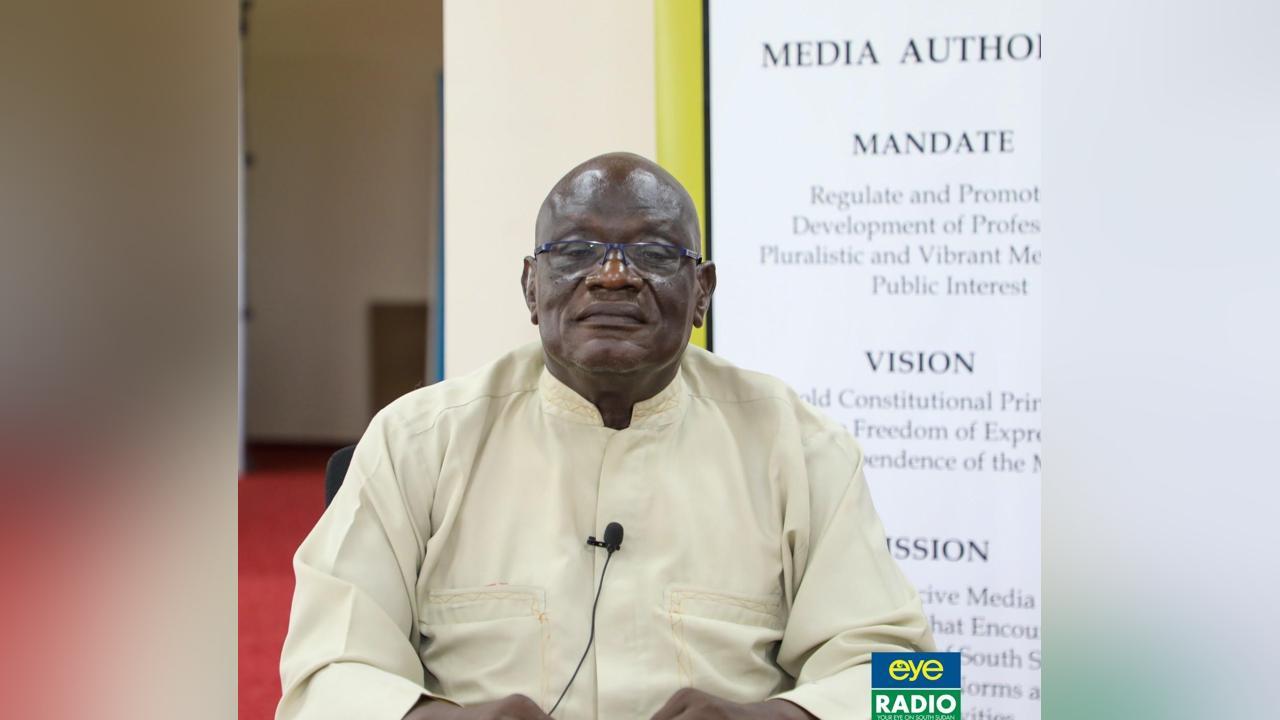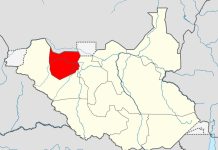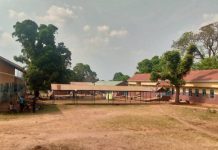Africa-Press – South-Sudan. The South Sudan Media Authority is calling on the government and media stakeholders to support journalistic initiatives aimed at increasing public awareness on the country’s environmental and climate crisis.
Sapana Agyuli Abuyi, the Director General of Information and Media Compliance of the media regulator, made the remarks on the eve of World Press Freedom Day.
The event is being marked under the theme: Press for Planet; Journalism in the Face of an Environmental Crisis.
Mr. Abuyi called on all parties involved in media to fully support access to information for journalists and their ability to freely disseminate information to the public.
“This is to enable them to freely, without hindrance, gather information and pass appropriate details to the public,” he said.
“The most key details in the efforts for environmental protection to be taken seriously by all the concerned stakeholders, including but not limited to afforestation, farming, mining, fossil fuel consumption and carbon emissions.”
According to him, other essential areas that need to be amplified by the media include waste disposal, and protection of water sources.
He said the country is experiencing numerous environmental crises, including those brought on by mining, farming, and deforestation, among others.
Abuyi also acknowledged that the country is greatly affected by natural calamities such as floods, droughts, and water shortages, which he says needs media coverage.
“Our country has been greatly affected by natural calamities, such as floods, droughts, and water shortages, as a result of environmental degradation.”
In December 2023, while addressing the UN Climate Change Conference, President Kiir said South Sudan was being severely impacted by catastrophic flooding and drought, which have affected the livelihoods of many people in the country.
He said four years of floods and droughts that inundated large territories in South Sudan’s north and east, wiping out livelihoods and forcing communities to fight over scarce resources.
Despite this situation, Maura Ajak, a freelance journalist and climate reporter, said journalists in the country are not getting enough space to report on the climate crisis.
She said lack of experts on climate reporting, data and insecurity continue to hinder progress on climate reporting in the country.
“In South Sudan, a lot of journalists are not getting enough space to report on the climate crisis,” she said.
“South Sudan has been experiencing floods, consequences, and the impact of climate change. But there is less awareness and less data collection.”
Ms. Ajak said there is a limited access to information as well as access to other locations including the oil producing states, where there are concerns about the environmental pollutions.
“That is also hindering the role of the journalists. Information is needed regarding situations like environmental pollution that is ongoing.”
“Sometimes you can lack data, or you can lack some sources, like experts, to prove that environmental pollution is happening in the country.”
Ajak said she hopes for improvement in terms of countrywide support for climate reporting.
On his part, Malual Deng, the editor of Arabic Daily A-Mawqif newspaper, said South Sudanese journalists still face obstacles including economic struggles and censorship, which make their work tedious and force some of them out of the industry.
“The press and journalists in South Sudan are facing several challenges, including economic hardship, the migration of several journalistic persons from the field, and the unconducive environment of the freedom of the press,” Deng noted.
“We are witnessing a practice of censorship of the media and the written press; we are witnessing articles being censored and being blocked from publication.”
“It is important to remember not to target journalists when performing their duty and to stop censorship of the media.”
For More News And Analysis About South-Sudan Follow Africa-Press






